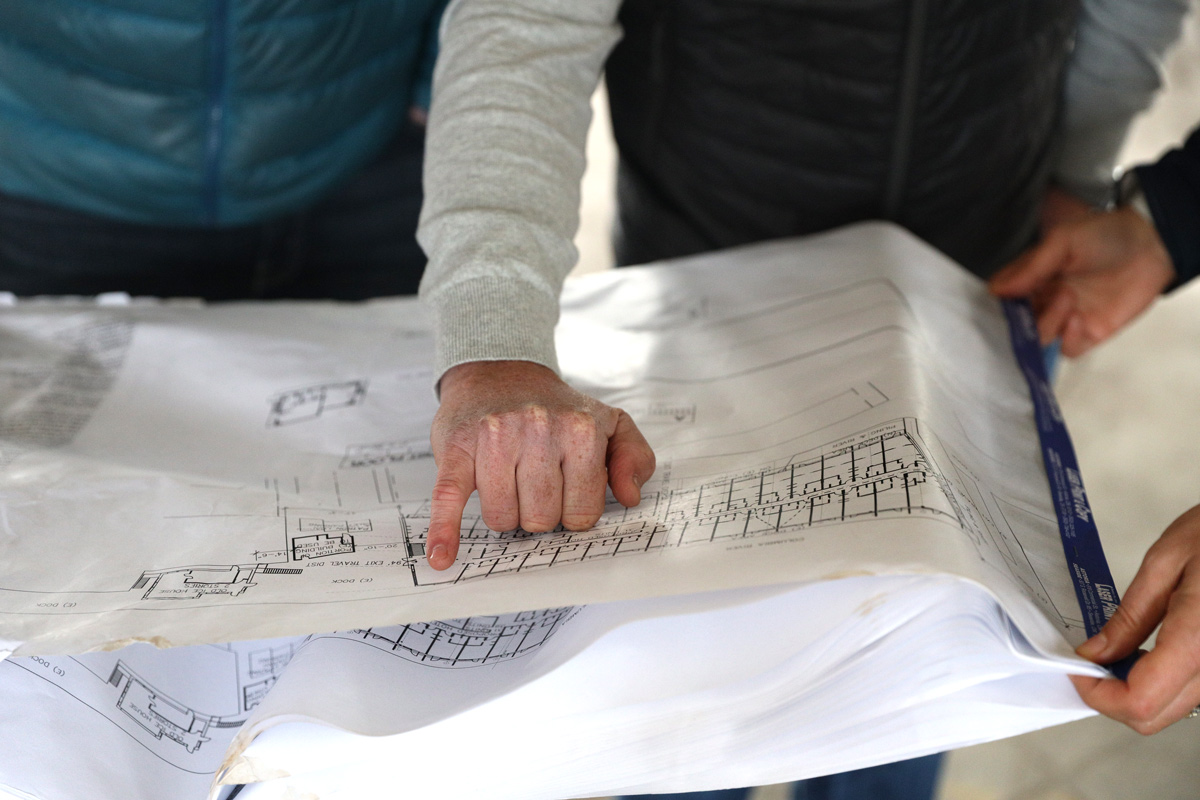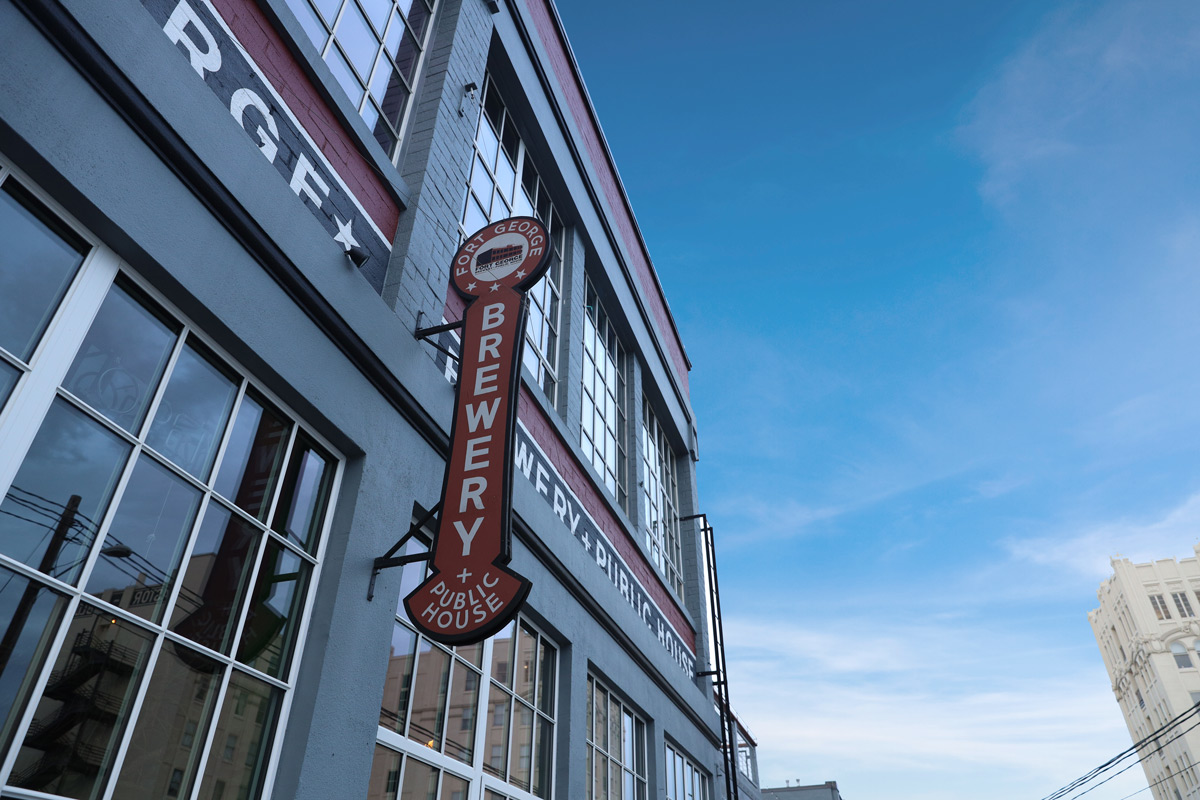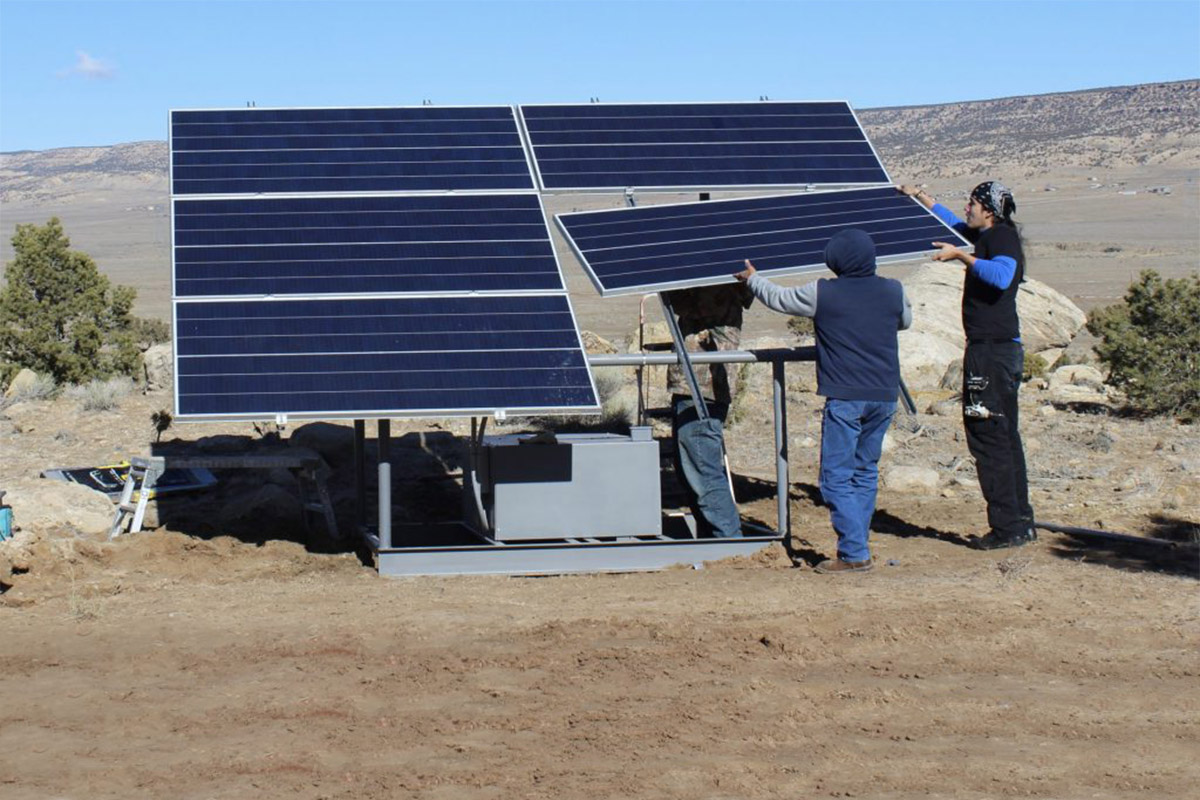By Bruce Poinsette
In an increasingly globalized economy, keeping businesses in rural communities can be challenging, but can be done.
St. Cloud, MN, native Rick Bauerly embraces that challenge as the founder and CEO of Granite Equity Partners, a private equity firm whose goal is to keep local companies in the community. Unlike other private equity firms that focus on short-term investments, often for companies spread over a wide geographic area, Granite provides permanent investments for the lifetime of local companies.
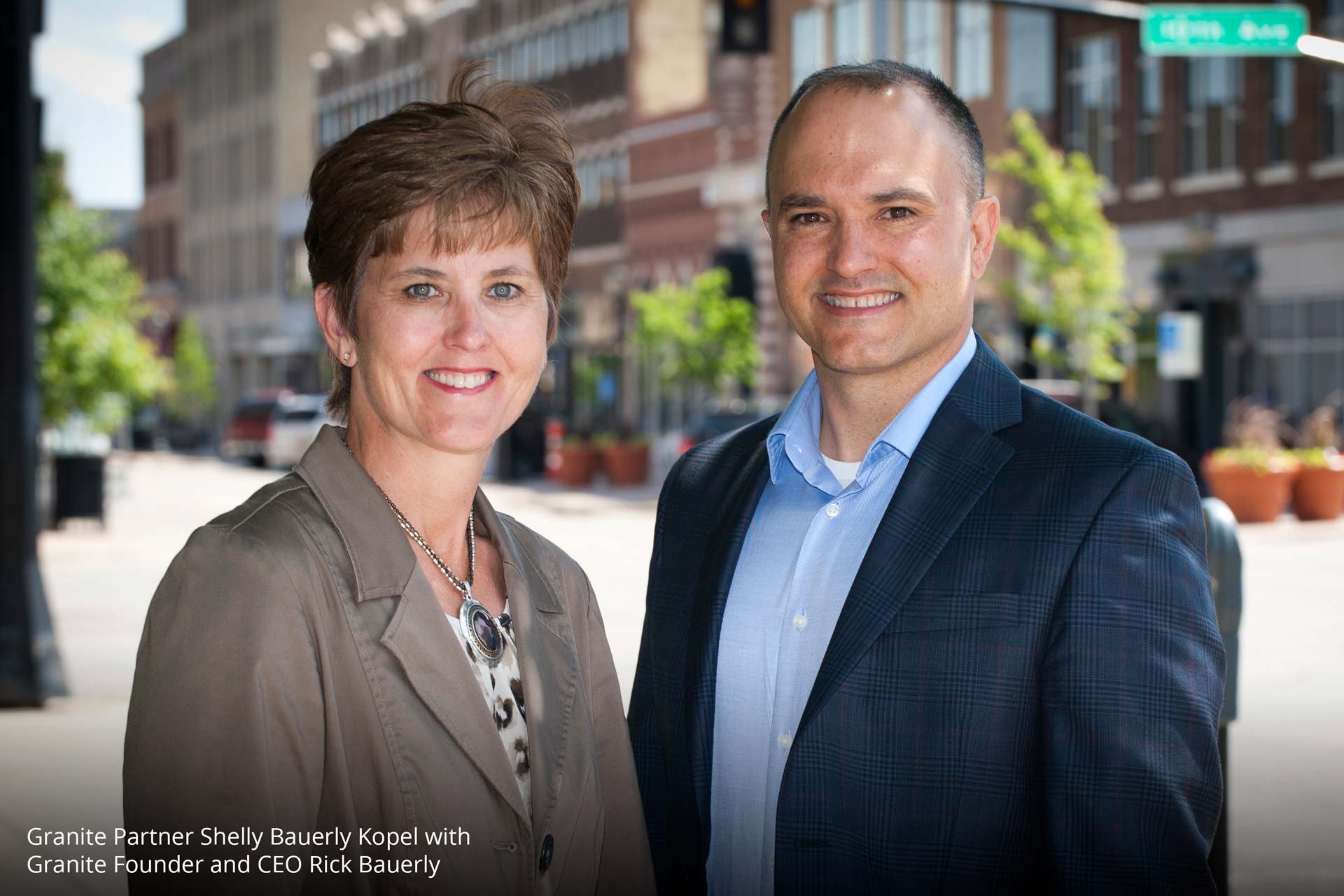
Northwest Area Foundation supports Granite’s work through a mission-related investment, which is the use of endowment assets to advance the Foundation’s mission. NWAF’s investment provides Granite with capital to fund companies that align with the goal of providing a financial return and a positive social impact. Currently, Granite is able to create $270 of economic impact in the community for every $100 it invests.
“I genuinely dislike false dichotomies that say you can only be a business or you can only be impactful in communities,” says Bauerly. “I think more and more, with the right mindset, we can do both and be successful at growing businesses to generate a community impact.”
Shared goals and ideals
What attracted NWAF Investment Director Amy Jensen to Granite in 2015 were their shared goals and ideals.
“Granite goes beyond simply investing in companies in the region,” says Jensen. “The firm is focused on broader economic development and works to integrate portfolio companies in their communities. Granite considers not just investors, but also employees and community members in the definition of stakeholders.”
Specifically, the strategic framework for NWAF is to fund people and organizations that work to build assets, wealth, and opportunity in the Foundation’s region by promoting good jobs and financial capability. NWAF aims to deploy $40 million in mission investments, most of which focus on creating and maintaining opportunities for living wages, benefits, and financial security in the communities that need them most.
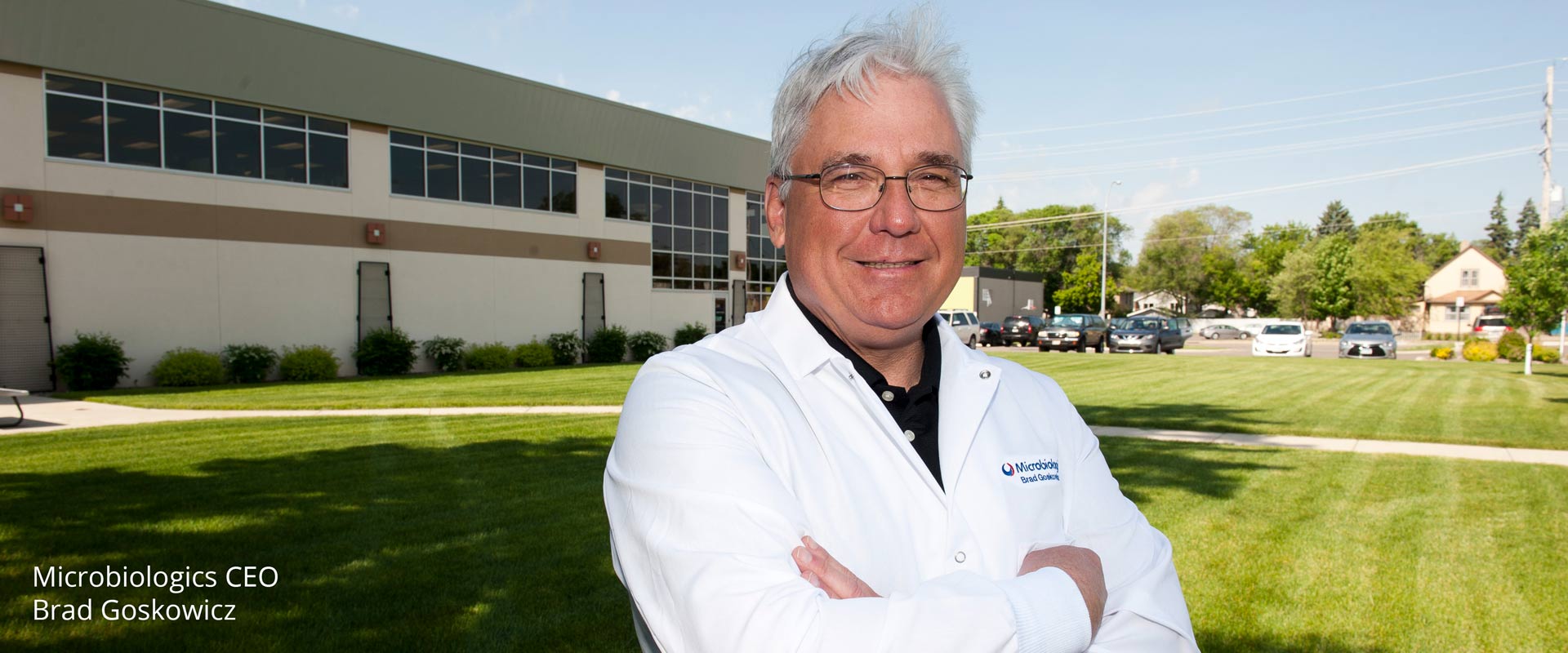
Building community and inspiring success
With a similar aim in mind, Bauerly and a group of dedicated, grassroots investors started Granite in 2002. Banks weren’t lending to companies in rural areas, forcing these businesses to either leave St. Cloud or fold.
To tackle this problem, Granite focuses on adding value to already existing products and ensuring owners pass on their businesses to others who keep them in the community. When choosing potential CEOs, Granite evaluates geographic affiliation, character, competence, and commitment. The goal is to find someone who can create a culture that inspires business success and strengthens the fabric of the surrounding community.
Bauerly has that in Brad Goskowicz, CEO of Microbiologics, a Granite portfolio company acquired in 2008 following an ownership transition. Microbiologics manufactures and sells bacteria and microorganisms that labs use for quality control testing for hospitals, cosmetic companies, food companies, and more.
How Granite worked with Microbiologics
Prior to Granite, Microbiologics struggled with a need for more space and with safety concerns in the neighborhood. The company had to hire private patrols for employees leaving the building and didn’t have a research and development department or room to store finished products. “We didn’t have enough places for people to sit,” says Goskowicz.
Access to investment dollars from Granite allowed Microbiologics to embark on large-scale expansion and remodeling projects, improving efficiency and product quality. As a result, wages, benefits, training and development, and health and well-being have all increased. Employment has also increased significantly, and good jobs are going to women, who make up 80 percent of Microbiologics’ employees.
“That’s part of what Microbiologics is. It is giving back to the community because you can’t have strong business without strong community.”
Brad Goskowicz
CEO, Microbiologics
Community impact is an integral part of Microbiologics’ mission. Goskowicz stresses that local ownership is about truly anchoring a business in the local community and investing in that community’s well-being. Microbiologics’ management and employees give back to St. Cloud in a variety of ways, including participating in community wellness events, providing capital funding for nonprofits, serving on local councils, and volunteering in youth STEM-related activities.
“That’s part of what Microbiologics is,” says Goskowicz. “It is giving back to the community because you can’t have strong business without strong community.”
To Bauerly, this mixture of innovation and service is where our economy needs to go.
“More jobs are going to move to more low-cost regions,” he says. “So as they continue to move to low-cost regions, we have to continue to move ourselves up the creativity ladder, up the innovation ladder, and up the value-added ladder.”
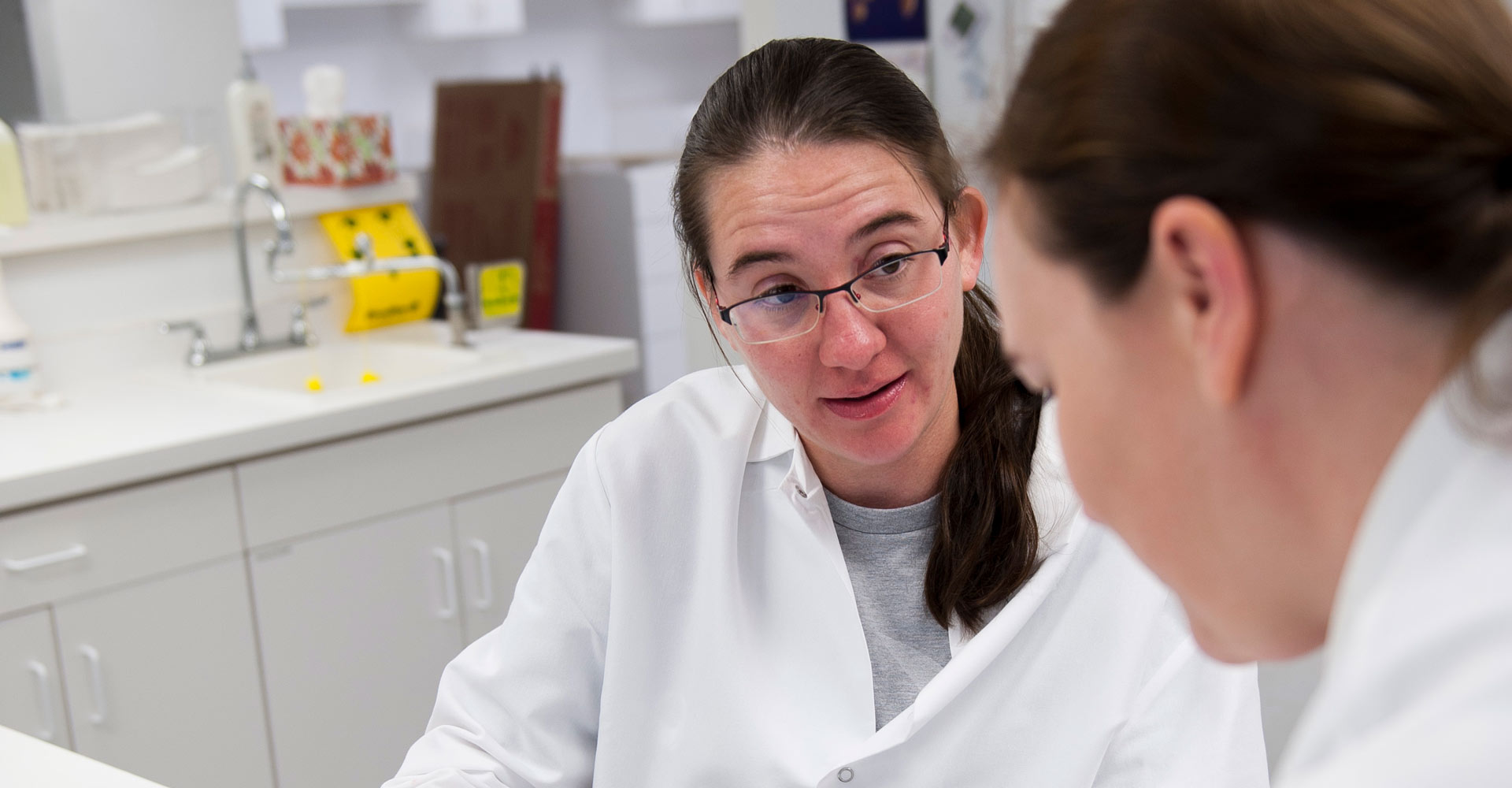
A Refined look at impact
Jensen commented on the evolution of impact assessment. Originally NWAF looked at the number of jobs created. Over time, the evaluation added metrics around the location of the jobs, wages, and opportunities for training and advancement as ways to assess the quality of the jobs and their match with NWAF objectives.
While moving forward with the global economy is important, the goal of the Granite investment is still keeping as many good jobs in Greater Minnesota as possible.
“Sometimes the number of jobs added isn’t a good indicator of success,” says Jensen. “Providing capital that assists in keeping a business in a rural community—that’s a successful outcome.”
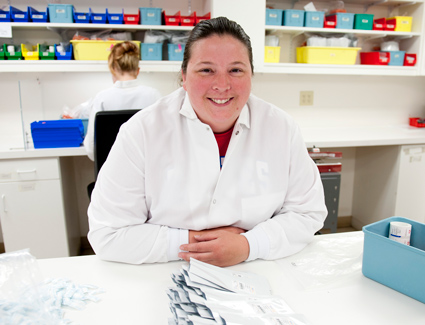
Granite Equity Grantee Story
Opportunity Link creates economic opportunities for North Central Montanans through interconnected programming that strengthens the local economy. It provides soft skills training and then connects individuals through its regional network to new employment and small-business opportunities. Transportation is a vital employment service that links rural residents to training and jobs. Opportunity Link’s work also helps individuals and communities build prosperity by supporting homeownership, regional planning, business development, and financial education that teaches residents how to manage and save money.

“[Granite] is focused on broader economic development and works to integrate portfolio companies in their communities.”
Amy Jensen
Investment Director, Northwest Area Foundation
PHOTOS: by Steve Wewerka


